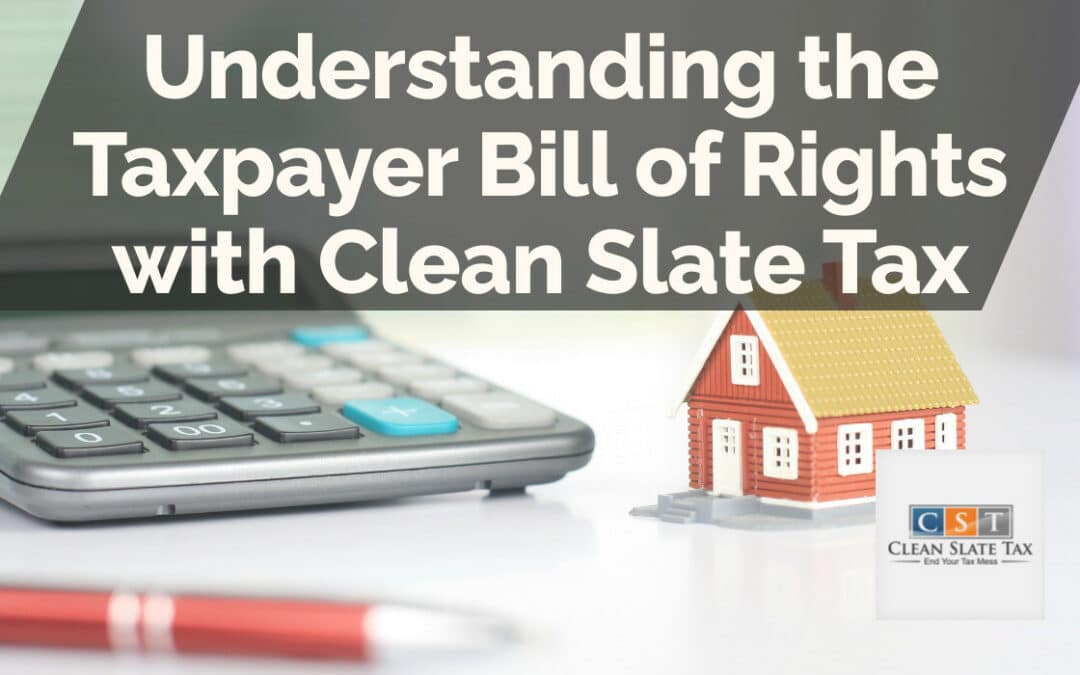The United States federal law has implemented ten fundamental rights, collectively known as the Taxpayer Bill of Rights. These ten statues safeguard taxpayers by ensuring fair treatment during tax-related interactions with the IRS. By understanding these rights, one is in a better position to interact with confidence when dealing with tax matters. This article seeks to provide a comprehensive and straightforward explanation on the Taxpayer Bill of Rights.
What is the Taxpayer Bill of Rights?
The Taxpayer Bill of Rights was enacted to ensure that every taxpayer in the United States deals with the Internal Revenue Service (IRS) in a fair, honest, and transparent manner. These rights provide a balanced approach towards resolving tax problems. The ‘clean slate tax’ is an example of how a taxpayer can negotiate with the IRS to resolve their tax debts circumstances.
Exploring the Ten Rights Under the Taxpayer Bill
The Right to be Informed
Every taxpayer has the right to be informed about tax laws, decisions, and IRS procedures in clear and comprehensible languages. This right also includes the right to clear explanations of forms, instructions, and audit results.
The Right to Quality Service
This right ensures that you receive prompt, professional and courteous service from the IRS, including the right to speak to a supervisor if you receive inadequate service.
The Right to Pay No More than the Correct Amount of Tax
This right ensures that you only pay the correct amount of tax due. This means that speculation or erroneous computation by the IRS should not lead you to pay more.
…
Frequently Asked Questions About the Taxpayer Bill of Rights
What is the ‘Clean Slate Tax’?
The ‘Clean Slate Tax’ is a tax relief program that allows taxpayers to negotiate a settlement with the IRS that is less than the total amount owed. This is especially beneficial to taxpayers facing financial difficulty.
Can I speak to a supervisor if I receive poor service from the IRS?
Yes, under the ‘Right to Quality Service’, if you receive inadequate or unjust service, you are permitted to speak to a supervisor.
Does the IRS have an obligation to inform me about my rights?
Yes, under the ‘Right to be Informed’, the IRS should provide you with clear guidance and information about your taxpayer rights.





